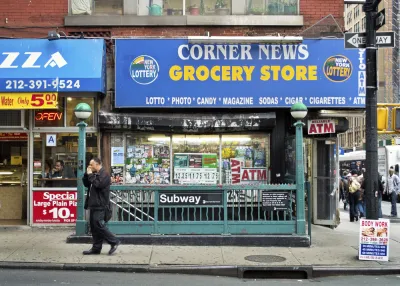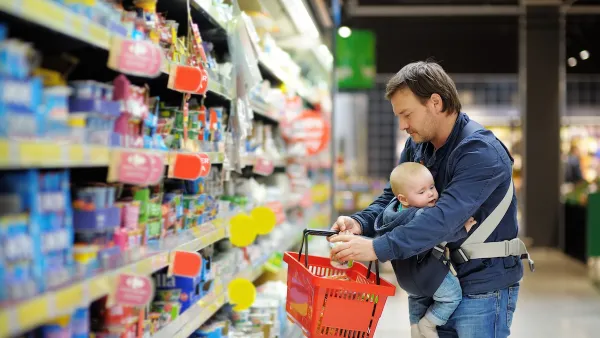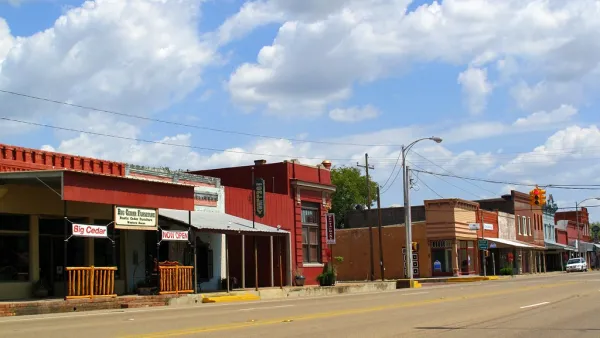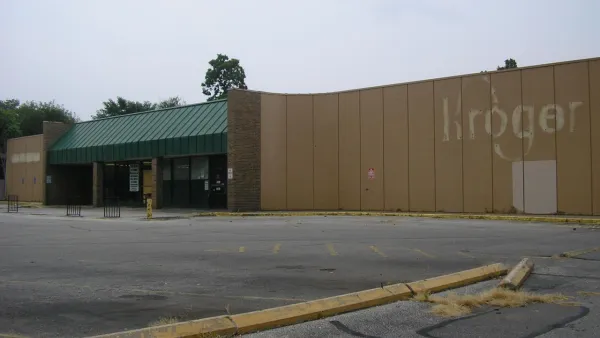Small entrepreneurs are working to combat 'food deserts' by bringing fresh, healthy foods to communities lacking access to major grocery stores. But price continues to be a major factor in people's food choices.

In an effort to fight what some are calling "retail redlining," entrepreneurs across the country are opening corner stores focused on providing fresh, healthy foods to their communities, and, in some cases, gaining institutional support. As reported by Patrice Worthy, "Washington DC recently launched a $3m initiative to bring 'new food and retailers' to the wards 4, 7 and 8 in the city."
Small business owners need support to stock healthier foods, as "[m]any small businesses like corner stores don’t stock produce because it’s highly perishable and has a small profit margin with a lot of waste."
Despite their romanticized appeal, "[t]hese community corner stores are only a small piece of what’s needed to give more people access to healthy food." According to Ellen Vollinger, legal director and director of advocacy on behalf of the Supplemental Nutrition Assistance Program (Snap/food stamps) at the Food Research and Action Center, they key is the federal SNAP program, because "[t]he biggest barrier to healthy food is price according to a June report released by the US Food and Nutrition Service." Under new rules announced by the Biden administration, average SNAP benefits "which were $121 per person before the pandemic, will rise by $36 permanently." Meanwhile, corner stores can fill a critical gap in access for underserved communities.
FULL STORY: Candy v kale: healthy food comes to US corner stores in fight against ‘retail redlining’

National Parks Layoffs Will Cause Communities to Lose Billions
Thousands of essential park workers were laid off this week, just before the busy spring break season.

Retro-silient?: America’s First “Eco-burb,” The Woodlands Turns 50
A master-planned community north of Houston offers lessons on green infrastructure and resilient design, but falls short of its founder’s lofty affordability and walkability goals.

Delivering for America Plan Will Downgrade Mail Service in at Least 49.5 Percent of Zip Codes
Republican and Democrat lawmakers criticize the plan for its disproportionate negative impact on rural communities.

Test News Post 1
This is a summary

Test News Headline 46
Test for the image on the front page.

Balancing Bombs and Butterflies: How the National Guard Protects a Rare Species
The National Guard at Fort Indiantown Gap uses GIS technology and land management strategies to balance military training with conservation efforts, ensuring the survival of the rare eastern regal fritillary butterfly.
Urban Design for Planners 1: Software Tools
This six-course series explores essential urban design concepts using open source software and equips planners with the tools they need to participate fully in the urban design process.
Planning for Universal Design
Learn the tools for implementing Universal Design in planning regulations.
EMC Planning Group, Inc.
Planetizen
Planetizen
Mpact (formerly Rail~Volution)
Great Falls Development Authority, Inc.
HUDs Office of Policy Development and Research
NYU Wagner Graduate School of Public Service





























